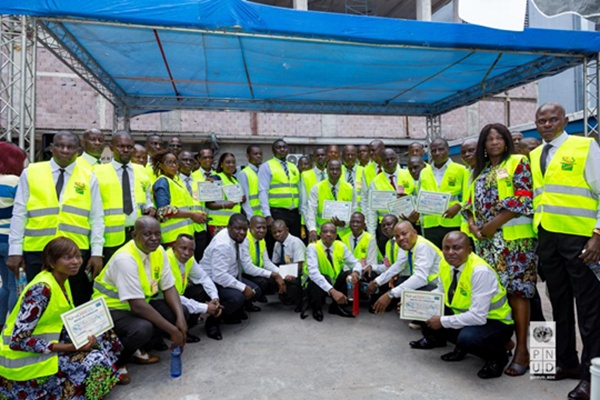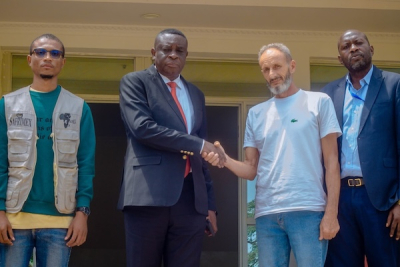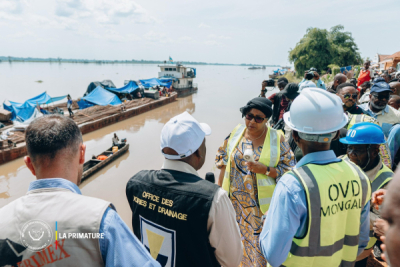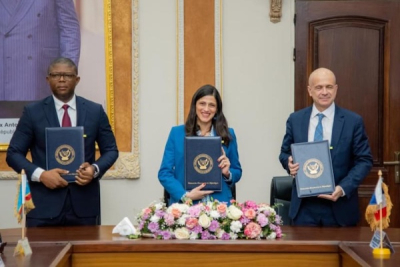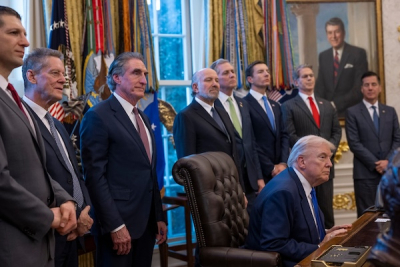On February 7, 2025, the United Nations Development Program (UNDP) conducted further training for 72 engineers employed by the Congolese government, focusing on energy systems control. According to UNDP, the goal was to bolster national expertise supporting the major projects outlined in the Compact Énergétique National, a roadmap to accelerate electricity access in the Democratic Republic of Congo (DRC).
“The initiative will allow operators, independent experts, consultancies, public establishments, and sector users to benefit from the support of officials from the Ministry of Hydraulic Resources and Electricity. This support is crucial for ensuring compliance with current standards and regulations,” said Mongompasi Pelé, Secretary General for Water and Electricity Resources, quoted in a UNDP information note.
The National Energy Compact emphasizes the importance of qualified human resources for its implementation. While the document does not provide a detailed inventory of skills requirements, the government has committed to developing a plan to address training and staffing gaps in the short and medium term.
A 2021 report on the renewable and decentralized energy sector in the DRC highlighted a growing demand for qualified professionals, including technicians, engineers, marketing, and finance specialists. However, there remains a shortage of skills development and training opportunities to meet this demand.
Under the Compact Energétique National, the Congolese government seeks to boost electricity access to 62% by 2030, covering 130 million people, from 21.5% now. Achieving this goal requires an annual connection rate increase from 1% to 6% A total investment of $37 billion is needed to hit the 67% mark. Out of this amount, $17 billion would be allocated to the public sector and $20 billion to the private sector.
This article was initially published in French by Abigael Kayiba (intern)
Edited in English by Ola Schad Akinocho






